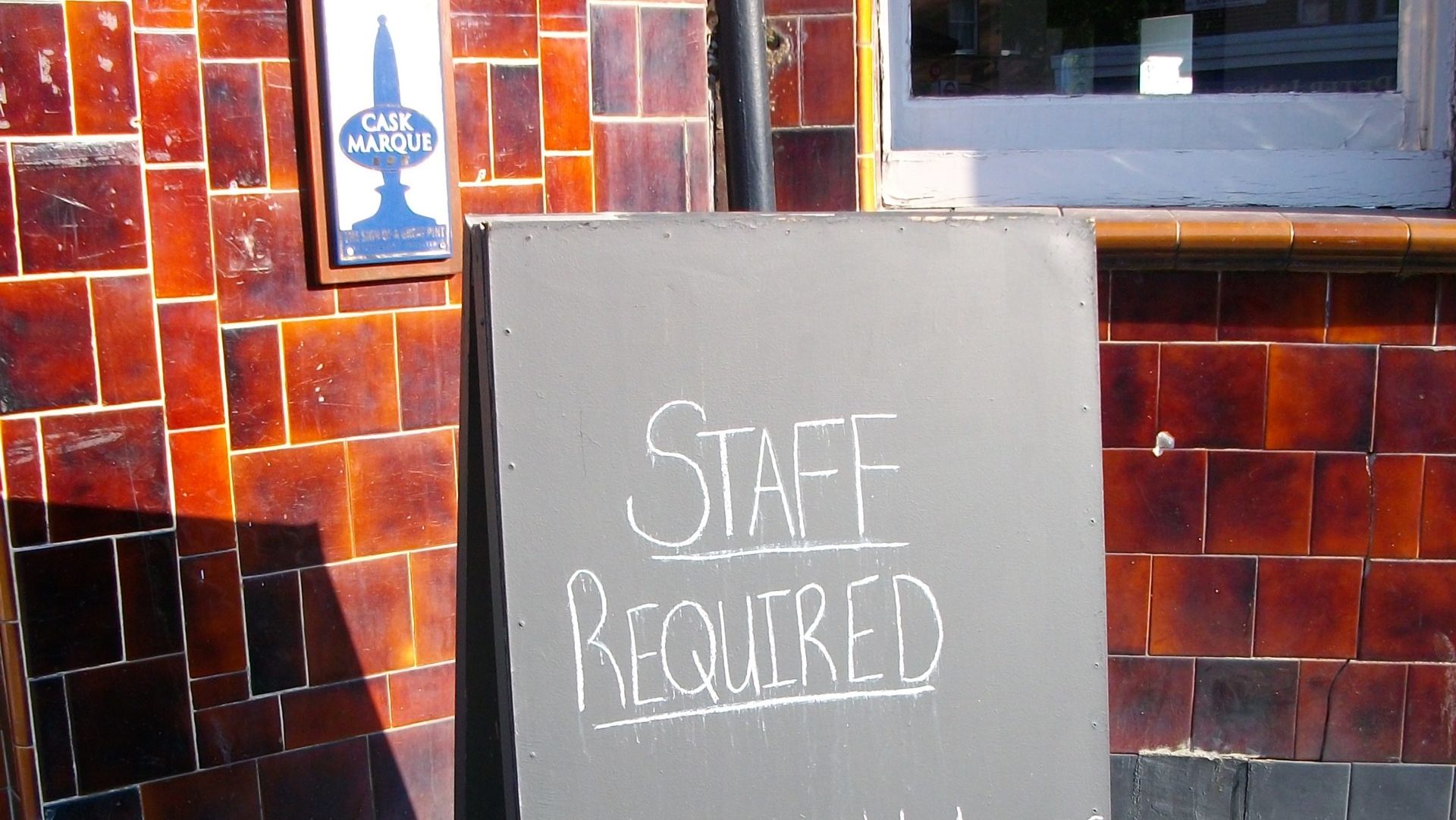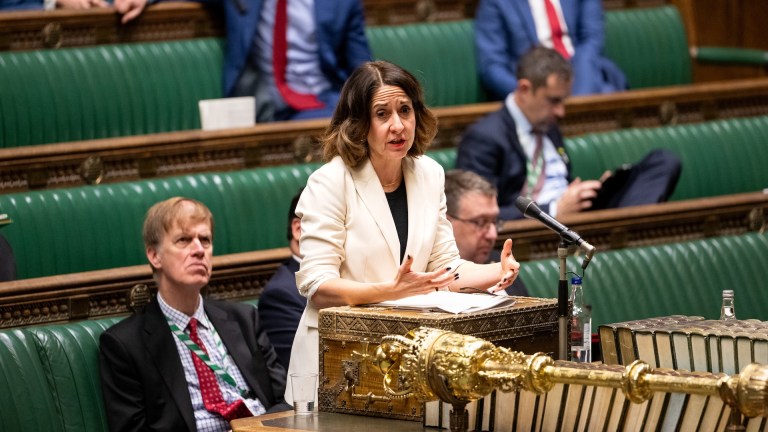A third of the 235,000 roles advertised under the government’s flagship scheme to tackle youth unemployment during the pandemic were left unfilled when it ended.
The Kickstart scheme was launched in September 2020 to help universal credit claimants aged 16 to 24 into work. But new figures published by the Department for Work and Pensions (DWP) show a total of 79,900 vacancies remained when it closed on March 31.
Chancellor Rishi Sunak launched the £2 billion scheme to boost the post-pandemic recovery, amid fears young people could be locked out of stable employment. The scheme funded six-month work placements for people on universal credit, who were paid at least the minimum wage with a minimum of 25 hours work a week. Employers received a £1,500 incentive for each Kickstart participant employed.
The DWP has already admitted to a cross-party group of MPs that it had “no idea” why thousands of young people have stayed on universal credit rather than started Kickstart jobs.
In a damning report by the Public Accounts Committee in February, MPs concluded that, ultimately, the scheme failed to live up to its ambitions for “young people, employers, or taxpayers”.
Describing the implementation period as “chaotic”, with “little track kept” of how the money was being used, the committee found that applicants with higher education levels were more likely to be recommended for roles, doing little to address inequality in the jobs market.










